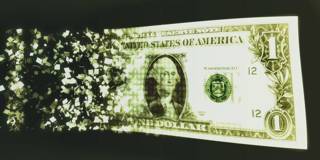Recently, the idea of a digital greenback elicited support from US Treasury Secretary Janet Yellen and Federal Reserve Chair Jay Powell. Ultimately, the advantages of a digital dollar will need to be weighed against the potentially high costs and significant risks to the financial system that come with it.
BERKELEY – The idea of a digital dollar has been in the air for some time now. Recently, it descended from the ether to the lips of US Treasury Secretary Janet Yellen and Federal Reserve Chair Jay Powell. At an event in February, Yellen flagged the idea as “absolutely worth looking at,” adding that the Federal Reserve Bank of Boston, in conjunction with academics at MIT, was already doing so. In Congressional testimony the following day, Powell called a digital dollar “a high priority project for us.”

BERKELEY – The idea of a digital dollar has been in the air for some time now. Recently, it descended from the ether to the lips of US Treasury Secretary Janet Yellen and Federal Reserve Chair Jay Powell. At an event in February, Yellen flagged the idea as “absolutely worth looking at,” adding that the Federal Reserve Bank of Boston, in conjunction with academics at MIT, was already doing so. In Congressional testimony the following day, Powell called a digital dollar “a high priority project for us.”